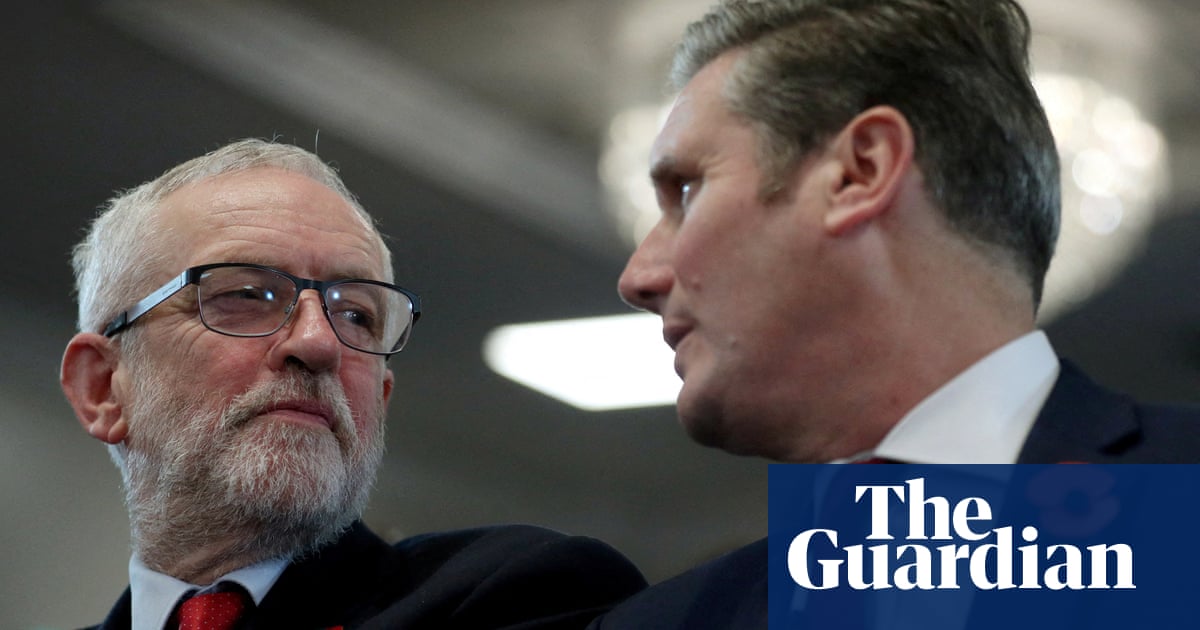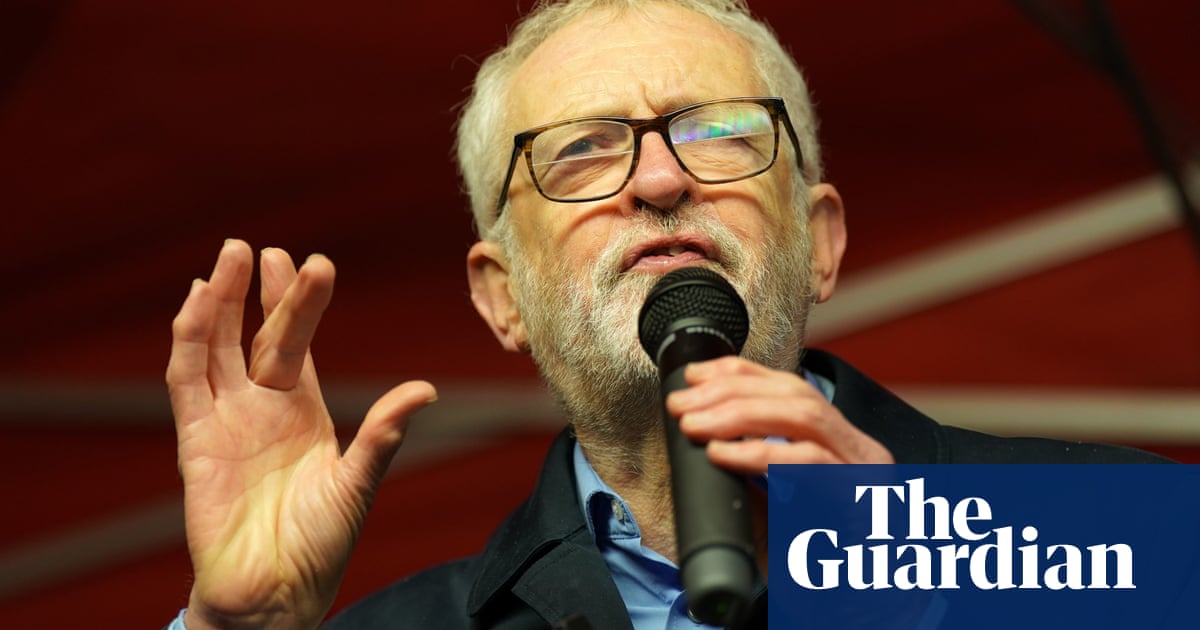
Labour MPs loyal to Jeremy Corbyn have pushed back against a report into the party’s election defeat that blamed poor tactics and internal dysfunction, highlighting instead longer-term trends and the influence of remain-minded voices such as Keir Starmer.
However, some of those who lost Labour-held seats in the December disaster said the narrative in the 150-page report – of voters put off by Brexit, Corbyn’s unpopularity and a manifesto seen as unrealistic – chimed with their experiences on the doorstep.
The report by the Labour Together group used polling, analysis and interviews with activists to paint a gloomy picture of the party’s prospects, saying it has “a mountain to climb” to return to power.
It detailed both barriers Labour faced specifically in 2019, such as Corbyn and Brexit, but also stressed the much longer term fracturing of the party’s political base, particularly in towns in the north of England and the Midlands.
Labour Together was set up to unite MPs and activists from different traditions, a number of whom have been given prominent roles in the shadow cabinet of Corbyn’s successor, Starmer.
In a jointly written riposte to the report, two of Corbyn’s most loyal allies, ex-party chair Ian Lavery and Jon Trickett, formerly a shadow minister, blamed the erosion of support in such seats on Labour’s decision to promise a second referendum, a policy championed by Starmer, who was the shadow Brexit secretary.
“Many felt that powerful sections in our party were not interested in, and indeed scornful of, the views of those communities which we had represented for a century,” they wrote in an article for the left-leaning magazine Tribune.
“We argued that those colleagues who used their senior position in the shadow cabinet then to publicly advocate a second referendum with remain as Labour’s favoured option in order to appease their own heavily-remain urban electorates were damaging our national standing.”
Richard Burgon, who was shadow justice secretary under Corbyn, said examining party failings was important, “because clearly it was a disastrous election result”.
He said: “What I do think is good is that the report doesn’t see 2019 in isolation, but looks at the long-term problems the Labour party has faced.
“People will draw what they want from this report, but I think it would be a mistake to draw from it that we should never have a manifesto of what could be characterised as left, socialist, redistributive policies of public ownership. I think that in the era we’re going into, those kinds of policies will be more relevant than ever.”
But Gareth Snell, who lost his Stoke-on-Trent Central seat to the Conservatives by 670 votes, said the report’s findings matched a lot of what he experienced in facing disaffected former Labour voters on the campaign trail.
“I was getting more or less 50-50 Corbyn and Brexit,” he said. “But I think Corbyn was shorthand for a lot of other things people were unhappy about.”
To an extent the long-term decline of Labour support in seats such as his had been masked by the 2017 election, where a Corbyn-led Labour denied Theresa May a majority in parliament, Snell argued.
“We were saying, ‘OK, we got the biggest increase in vote share since Attlee, but actually in places like Stoke we’ve still gone back.’ And if you look at the sorts of seats we lost in 2019, the majorities had been getting smaller. There was this idea that everybody was being lifted by the Corbyn tide of 2017, and that simply wasn’t the case.”
Another Corbyn-sceptic, Neil Coyle, who remains the MP for Southwark and Old Bermondsey, was notably more blunt, tweeting: “Why Labour lost in 2019 will surprise no one who campaigned and spoke to enough voters: Corbyn’s toxicity at the top. Incompetence running Labour; stupidly backing an early election; and cronies squandering Labour resources also all helped Johnson.”
Officials who worked on the Labour campaign said they recognised the report’s description of a party machine riven by factionalism, infighting and a lack of strategy, but said the study offered little in the way of solutions.
“When I read the report found it quite triggering, to be honest – it brought a lot of fairly traumatic things back,” one person who worked on the 2019 campaign said.
“It’s fair to say that everyone’s particular gripe is in there. It more or less says, ‘Everything was shit.’ But the one thing is doesn’t go into is why. There’s an argument that if you got too deeply into that you could start a new civil war. But it means the report is still only half the answer.”












